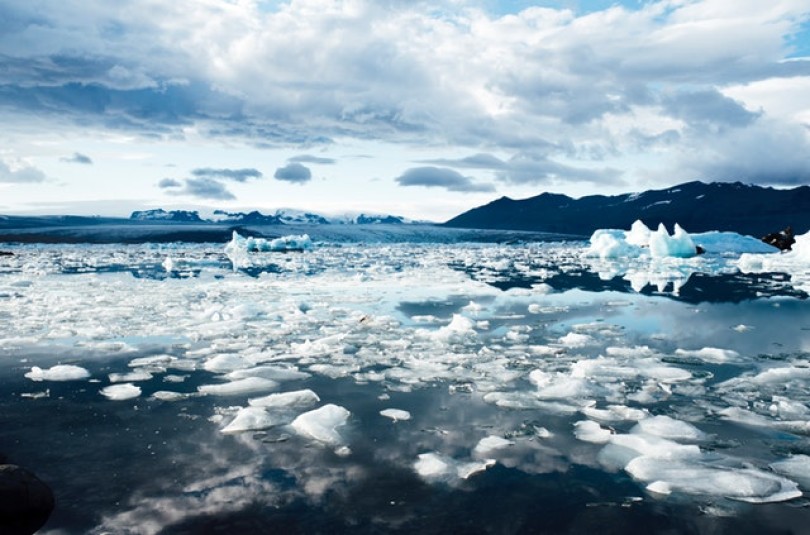Why Is the Gulf Attracting Climate Tech Businesses?
28 Jun 24
Enviro ChatThe Global News Source for the World of Science and Chemicals
01 May 2019
Lab Chat
People all over the world are waking up to the stark reality and impending consequences of climate change and demanding that their governments take action before it is too late. One only need look at the strength and significance of the recent Extinction Rebellion protests in London to understand how important a global issue this has now become.
Thankfully, UAE leaders appear to be listening to these concerns and taking the lead among Middle Eastern nations. Last month, political and business leaders from the country signalled their ongoing determination to tackle the myriad environmental crises – such as air pollution, climate migration, water scarcity and waste management – that climate change brings.
Speaking at the World Economic Forum 2019, the UAE Minister of Climate Change and Environment signalled his country’s commitment to tackling their environmental responsibilities head-on and doing their bit to ensure a safer, cleaner environment for the population of tomorrow.
“We need leaders who lead by example,” said Thani Ahmed Al Zeyoudi. “We should not wait until someone else tells us whether he believes in climate change or not. We have to roll up our sleeves and start the work we need to do.”
In concrete terms, that equates to a pledge by the UAE to increase its consumption of renewable energy from 25% of the overall mix today to 50% by 2050. Al Zeyoudi indicated that wind and solar power were once too expensive to be viable, but they can now generate energy more economically than natural gas and so have become an obvious option.
Elsewhere, the UAE became the first nation to sign the WEF’s Scale 360 initiative, which hopes to create a more circular economy, all the while reducing pollution and consuming fewer natural resources to ease our cumulative impact on climate change.
The UAE’s announcement is obviously a welcome one and their initiative in signing the Scale 360 initiative is positive news for the region. However, if the country is to meet its ambitious target of ramping up renewables to 50% of overall energy consumption by 2050, it must learn from the lessons of others.
Germany is one country which could provide a useful blueprint for success. Having distanced itself from nuclear energy generation altogether, the European giant has now increased its own share of renewables to 40% of its overall mix. A representative of the country at WEF also pointed out how renewables can provide vital energy in developing countries with little to no infrastructure in place.
The UAE’s commitment of $1 million to Scale 360 is commendable, but the country should also expect to receive monetary support in return. The European Bank for Reconstruction and Development (EBRD) is a particularly important organisation in tackling environmental problems, having invested $30 billion in green projects to date. That has resulted in an annual drop-off in carbon emissions of as much as 100 million tonnes.
In the Middle East and North Africa (MENA) region, 60% of the funds invested by the EBRD have been earmarked for green projects. One prominent example is the Benban Solar Park in Egypt, which will be the largest of its kind in the world upon completion and capable of producing 1,650 GW of energy at a cost of $0.02/MW.
DOWNLOAD PDF

2 Day Seminar Program
@ ArabLab+ 2024
24 & 25 September 2024
Your stay in Dubai
Labkit
Product News
Chemkit
Product News
Thinking about exhibiting at ARABLAB 2024? Watch our video to find out more.
Join the world’s leading organisations…
Join our mailing list and receive the ARABLAB newsletter and event updates.